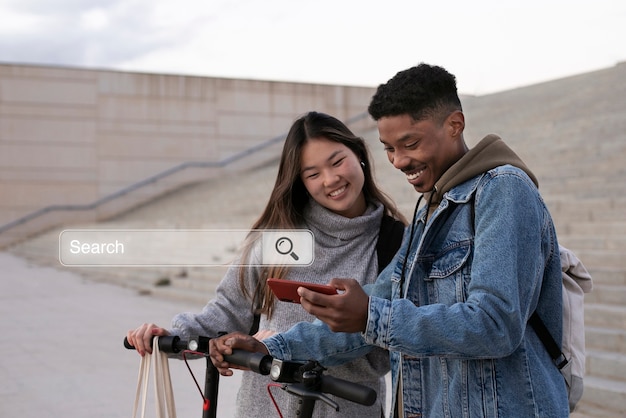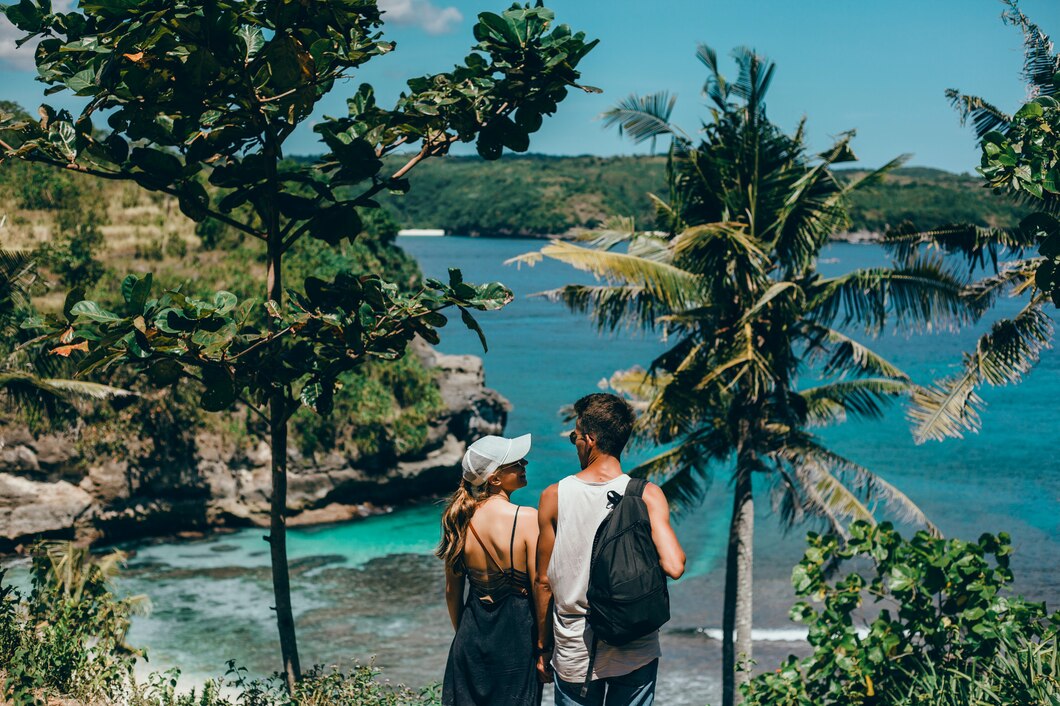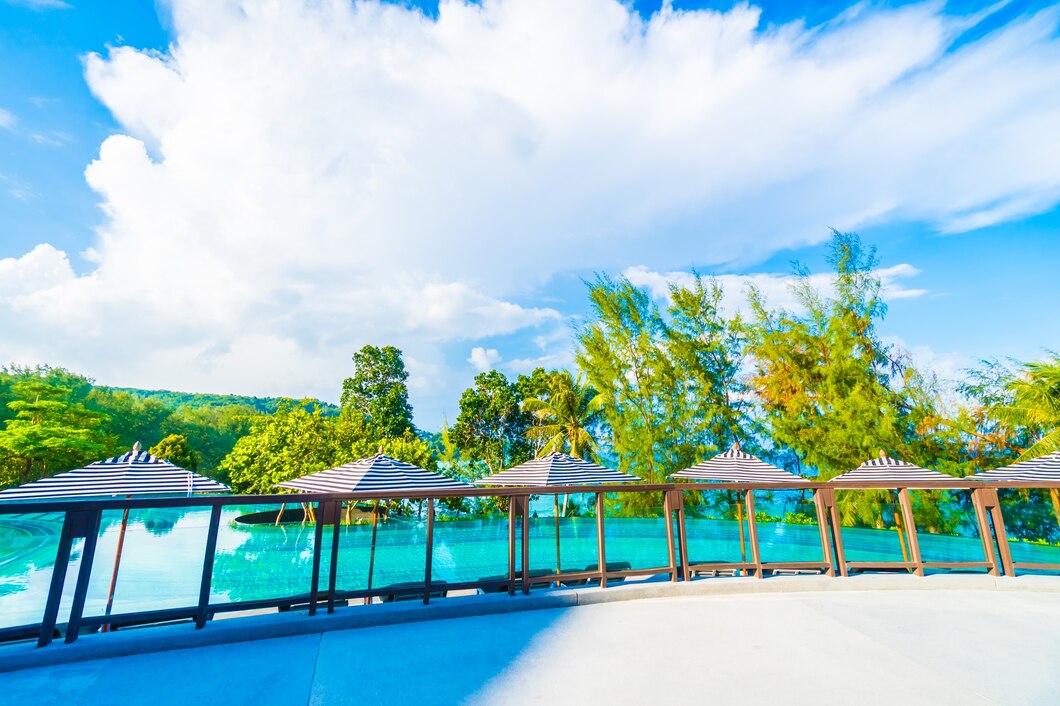How Tourism Can Help Preserve Culture Rather Than Destroy It
Mia Anderson
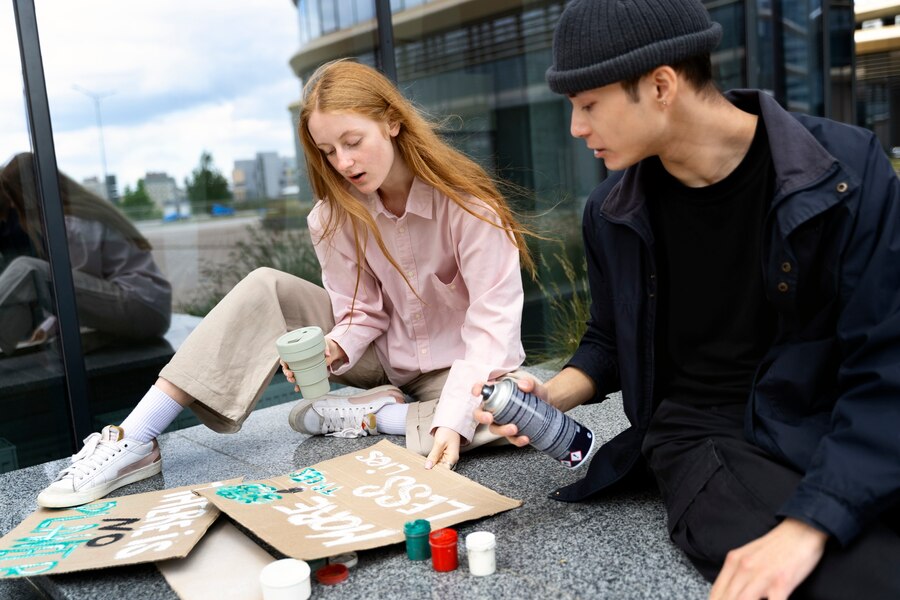
Photo: How Tourism Can Help Preserve Culture Rather Than Destroy It
The relationship between tourism and cultural preservation is a complex one. On one hand, tourism has the potential to showcase and celebrate diverse cultures, bringing economic benefits and a renewed sense of pride to local communities. On the other hand, if not managed sustainably, tourism can dilute and distort local cultures, threatening their very existence. This article explores the delicate balance between tourism and cultural preservation, offering insights into how the former can support the latter, while also highlighting the pitfalls to avoid.
Tourism as a Force for Good in Cultural Preservation
Tourism, at its core, is about people seeking new experiences and immersing themselves in different environments and cultures. When done responsibly, tourism can play a pivotal role in preserving and promoting cultural heritage.
Firstly, tourism brings visibility to cultures that might otherwise remain unknown or underappreciated. It provides a platform for local communities to showcase their traditions, arts, crafts, and histories to a global audience. This visibility can foster a sense of pride and recognition, encouraging locals to continue practicing and preserving their cultural heritage.
For example, consider the small island of Atauro in Timor-Leste. Through encouraging tourists to visit local arts and crafts markets, the community has experienced a boost in morale and economic support. As tourists appreciate and purchase their goods, locals are empowered to continue creating and innovating within their cultural traditions. This simple act of inclusion in the tourism experience helps preserve their cultural heritage and ensures it remains a vibrant part of their community.
Secondly, tourism can provide economic incentives for cultural preservation. When managed sustainably, tourism revenue can fund the conservation of historical sites, traditional practices, and natural habitats associated with a particular culture.
A great example of this is the Beirut Housing Rehabilitation and Cultural and Creative Industries project, led by UN-Habitat. Through this initiative, UNESCO supervises the allocation of small grants to local artisans, supporting the regeneration of the historical train station in Mar Mikhael using traditional building techniques. This project not only restores a significant cultural site but also revitalizes the surrounding cultural markets and businesses, ensuring their longevity.
Additionally, tourism can serve as a powerful educational tool. Cultural heritage tourism attracts visitors who are inherently curious and eager to learn about the destinations they visit. This presents an opportunity to teach and share knowledge about a culture's history, traditions, and challenges.
For instance, UNESCO's World Heritage Sustainable Tourism Toolkit provides a comprehensive guide for site managers, authorities, and the tourism industry to understand and promote sustainable tourism at World Heritage Sites. By offering step-by-step guidance and real-world case studies, this toolkit enhances visitors' experiences and ensures the preservation of these invaluable cultural sites.
Balancing Tourism and Cultural Preservation
While the potential benefits of tourism for cultural preservation are significant, it is essential to acknowledge the potential drawbacks and implement careful management strategies.
One of the primary concerns is the commodification and dilution of culture. When cultural experiences are altered or staged to cater to tourist expectations, authenticity is lost. This not only disappoints tourists seeking genuine encounters but also erodes the meaning and value of the cultural offering for the host community.
To address this issue, management systems, guidelines, and design solutions must be implemented during the tourism product development process. By prioritizing local community engagement and understanding their attitudes and perceptions of tourism, governments and tourism operators can develop experiences that are sensitive to cultural preservation.
Additionally, it is crucial to strike a balance between catering to tourists and preserving intangible cultural heritage. Intangible cultural heritage refers to the practices, representations, expressions, knowledge, and skills that communities recognize as part of their cultural heritage. This includes oral traditions, performing arts, social practices, rituals, festive events, knowledge of nature, and traditional craftsmanship.
By involving local communities in the tourism experience, whether through performances, workshops, or interactive demonstrations, tourists can gain valuable insights into these intangible aspects of culture. This type of cultural exchange not only provides an authentic experience for visitors but also ensures that these invaluable aspects of a culture are preserved and shared with the world.
Community Empowerment and Ownership
At the heart of successful cultural preservation through tourism is community empowerment and ownership. It is essential that local communities have a sense of agency and benefit directly from tourism initiatives. This ensures that cultural heritage is preserved in a way that aligns with the community's values and aspirations.
One way to achieve this is through the development of community-based tourism enterprises, where locals are involved in decision-making processes and benefit economically from tourism revenue. This can foster a sense of stewardship for cultural heritage and ensure that tourism is managed sustainably, with the community's best interests at heart.
Additionally, providing training and capacity-building programs can empower individuals to become guardians of their natural and cultural heritage. For example, the Hammayah training program in AlUla is empowering thousands of individuals to protect and promote their natural and cultural heritage.
Conclusion
Tourism has the potential to be a powerful force for cultural preservation, but it requires careful management and a deep respect for local communities and their heritage. When done right, tourism can enhance the visibility and vitality of cultures, provide economic incentives for preservation, and offer educational benefits to both visitors and locals.
By implementing sustainable practices, prioritizing community engagement, and striving for authenticity, the negative impacts of tourism on cultural preservation can be mitigated. Ultimately, finding this balance ensures that tourism enriches our world, rather than diminishes it.
Marketing
View All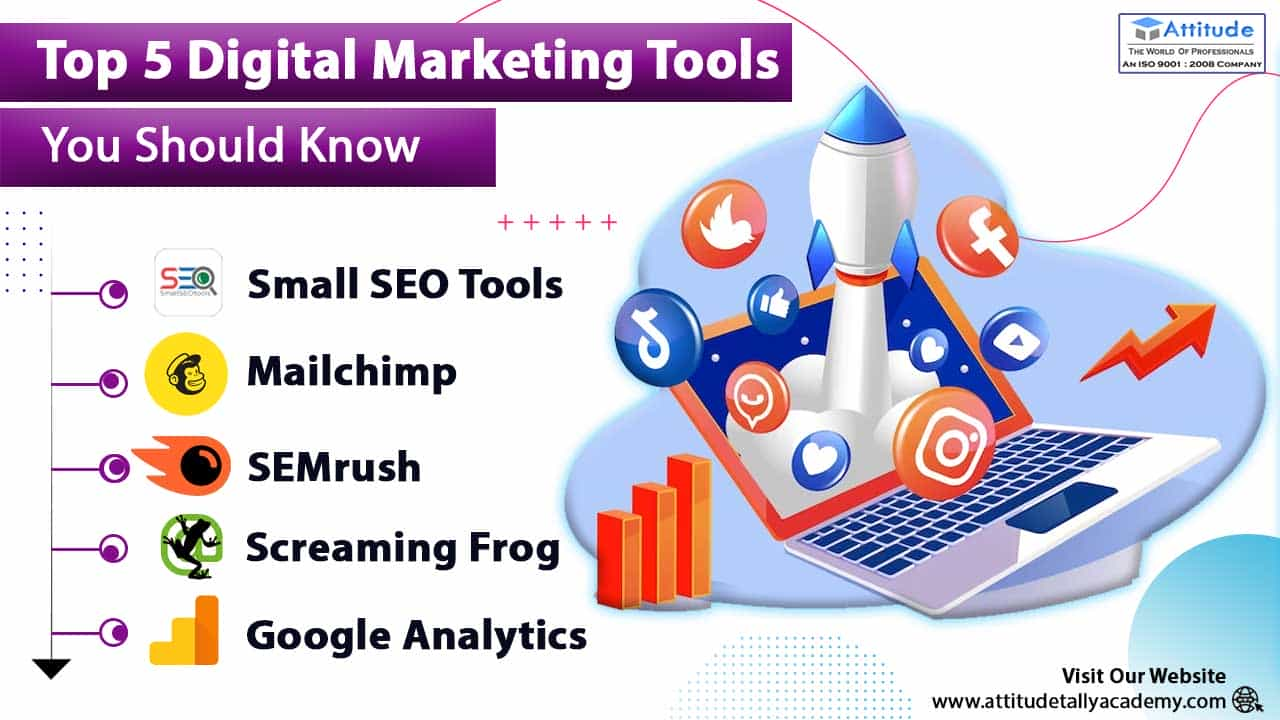
January 20, 2025
5 Best Digital Marketing Tools for GrowthUncover the top 5 digital marketing tools every marketer needs. Boost efficiency, drive results, and streamline your campaigns now!
Mia Anderson

January 25, 2025
Email Marketing in the Digital AgeUnlock the power of email marketing with modern strategies tailored for the digital age. Connect with your audience like never before!
Mia Anderson
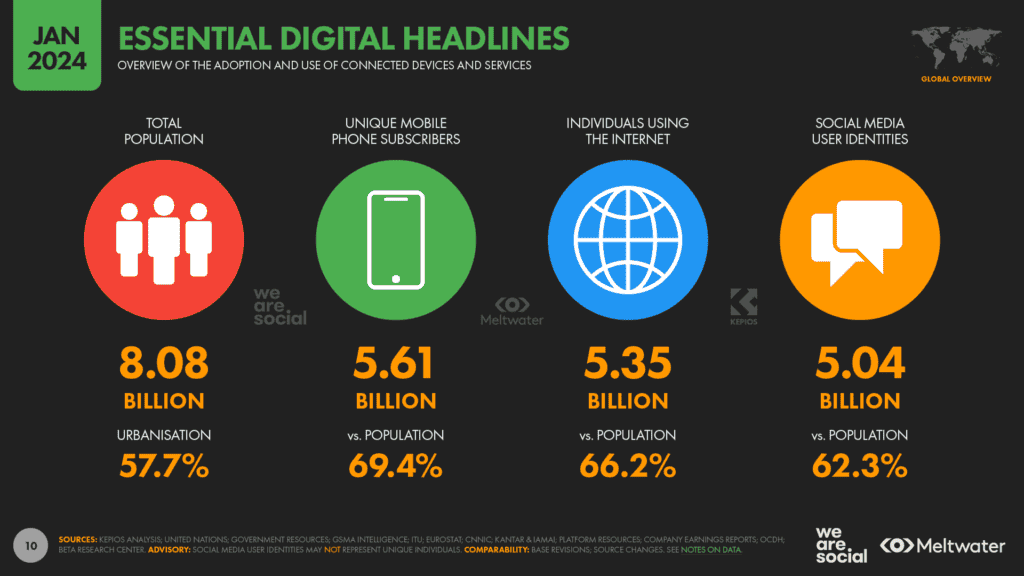
January 23, 2025
Social Media in Digital Marketing 2024Learn how social media is revolutionizing digital marketing in 2024. Boost your brand with actionable tips for viral campaigns!
Mia Anderson
Entertainment
View AllDiscover the latest viral marketing strategies that can catapult your brand to success in 2024. Learn proven tips to create buzz and engage your audience. Start now!
Mia Anderson
Discover the intriguing realm of celebrity culture and how it affects society. Learn about the possible effects of our infatuation and how celebrities turn their notoriety into brands. An must read for everybody curious about the contemporary celebrity phenomena.
Mia Anderson
Discover expert tips and strategies for organizing a film festival from start to finish. Learn key steps to ensure your event is a success read now!
Mia Anderson
Discover the top 10 entertainment trends of 2024 that will captivate you. Stay ahead with our expert insights and click to explore now!
Mia Anderson
Automotive
View AllExplore the positive impact of EV adoption on urban air quality. See how EVs are cleaning the air in cities worldwide.
Read MoreExplore the pros and cons of selling your car online vs. locally. Find out which suits you best!
Read MoreExplore what drives consumer interest in EVs. Discover key insights into attitudes, barriers, and 2024’s hottest EV trends.
Read MorePolular🔥
View All
1
2
3
4
5
6
7
8
9
10
News
View AllAugust 13, 2024
The Ultimate Guide to Google Advertising: Secrets to Skyrocket Your Success
Read MoreTechnology
View All
December 8, 2024
Don’t Buy Another Laptop Until You Read This 2024 Comparison
Make an informed laptop purchase! Our 2024 comparison guide helps you find the perfect fit. Click to learn more and choose wisely.

August 30, 2024
Top Cloud Storage Solutions to Keep Your Data Safe
Discover the best cloud storage solutions to safeguard your data and boost efficiency. Explore top picks and make an informed choice today!

November 3, 2024
10 Tech Gadgets You Didn't Know You Needed in 2024
Discover the top 10 tech gadgets that will change your life in 2024. Uncover hidden must-haves read now!
Tips & Trick


